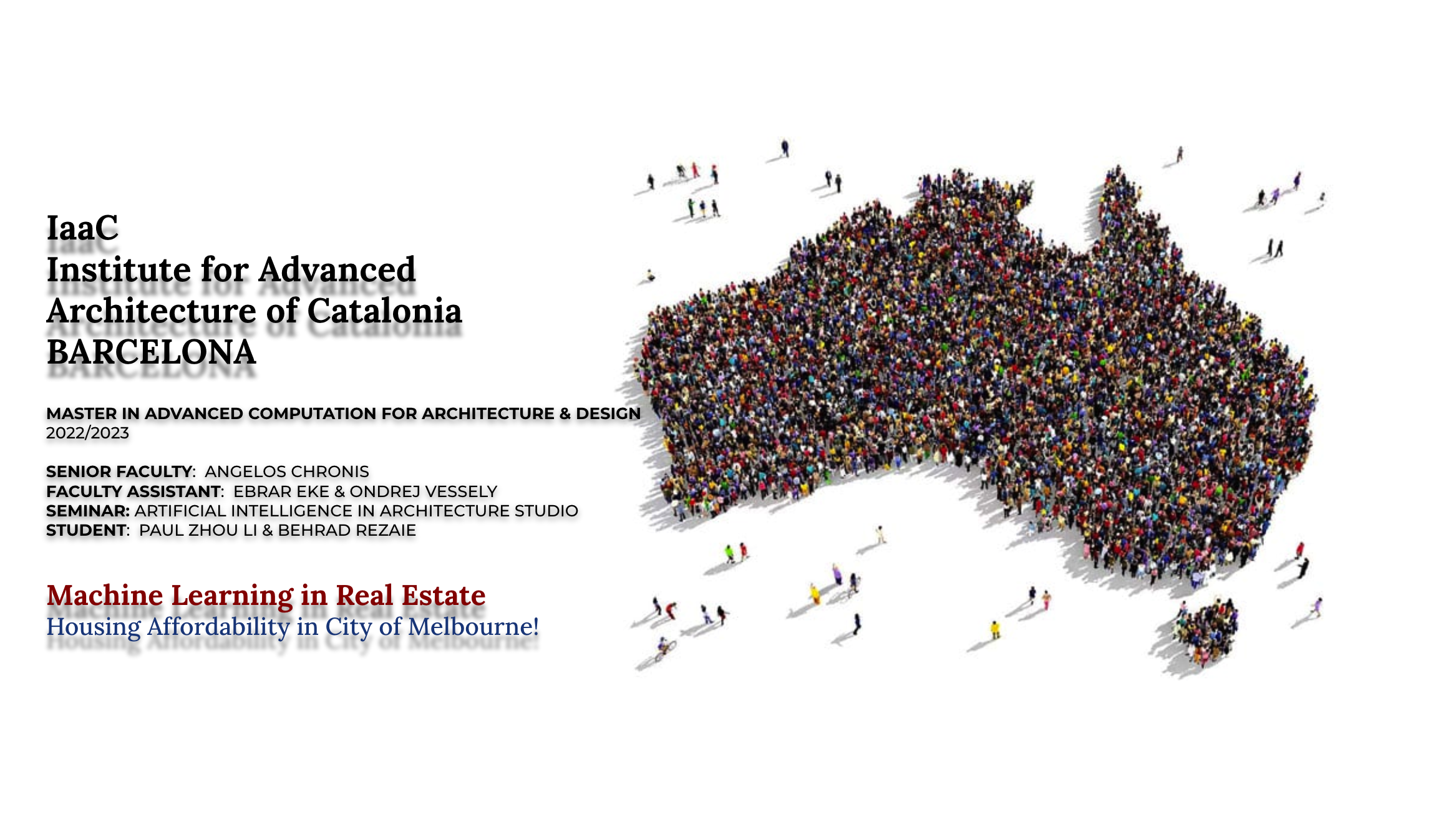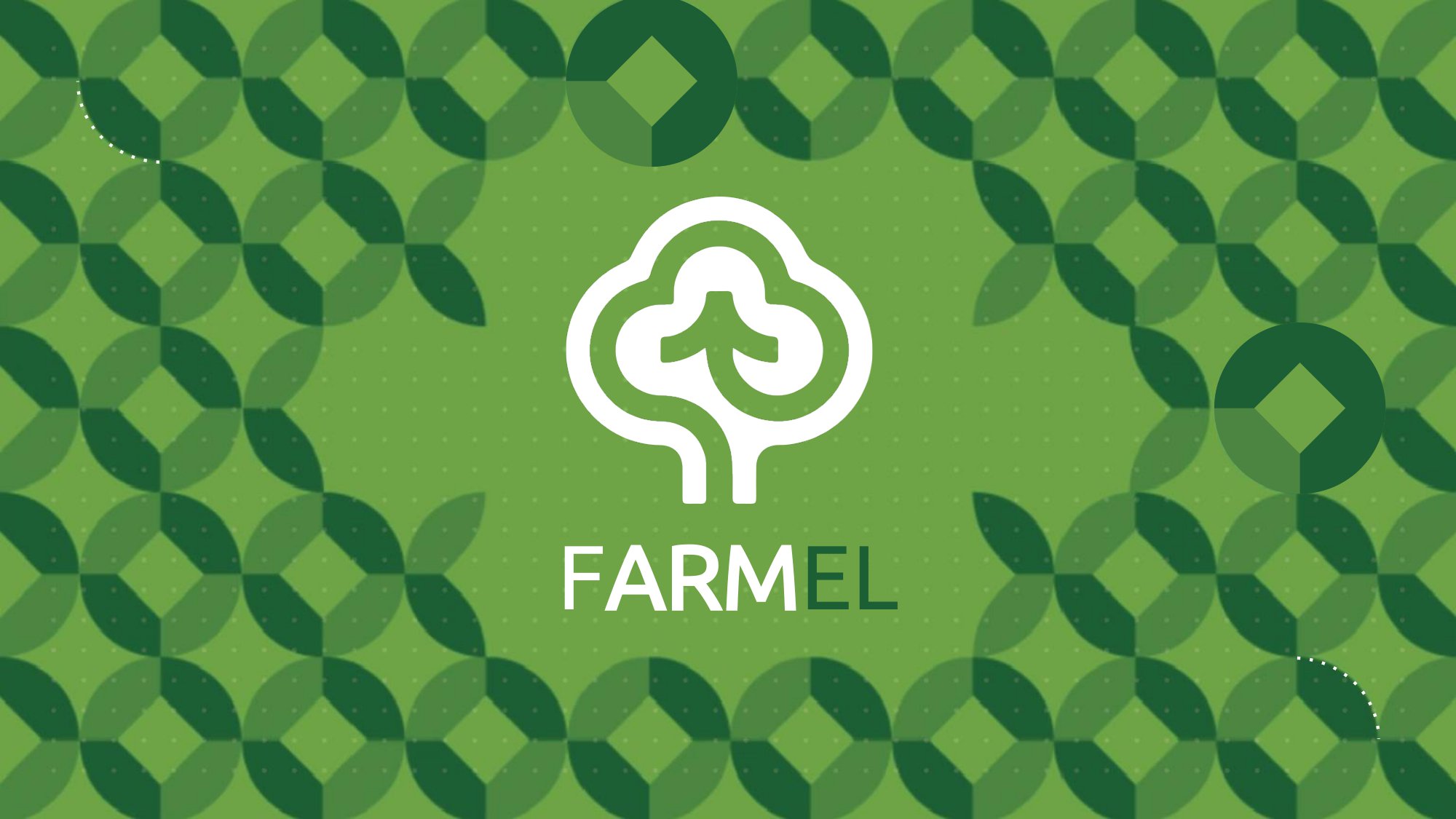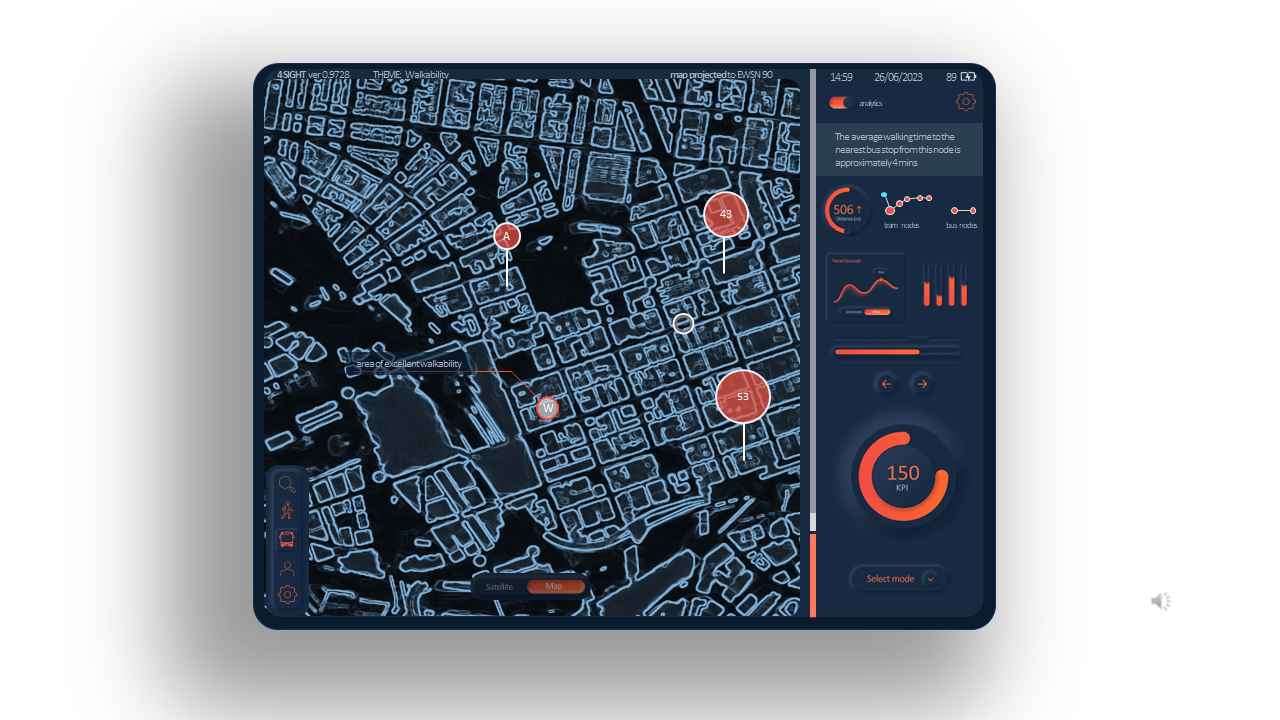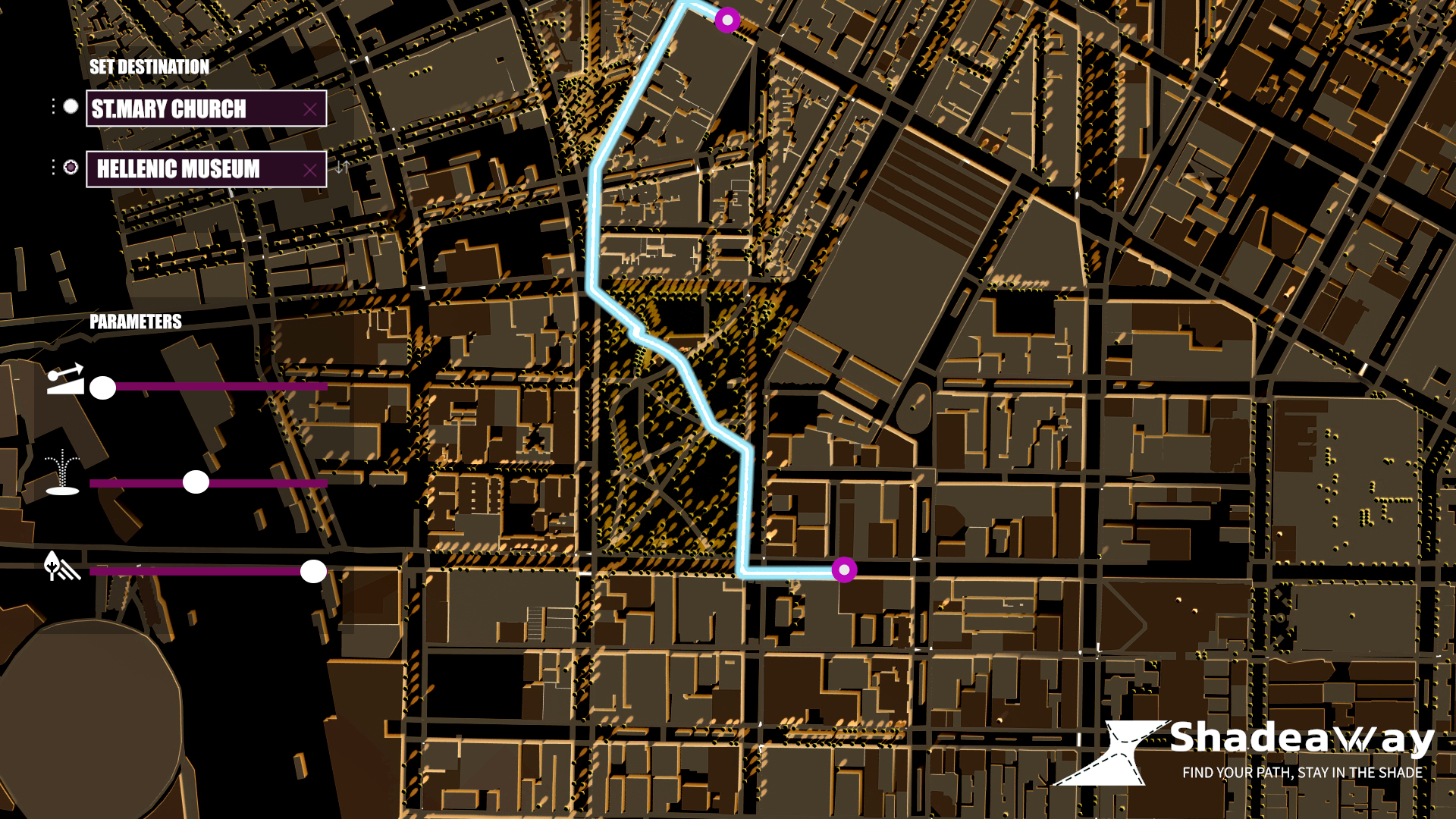AI FOR URBAN RESILIENCE
MaCAD AI in Architecture Studio
According to the OECD’s projection, 70% of the world population will live in cities by 2050 [1]. By then, we will need to build around 13.000 buildings per day [2]. Yet, today we have very little understanding of the impact of these buildings on our natural, social and economic environment. In the wake of the global pandemic that has so significantly changed how we operate in cities and in anticipation of the now inevitable climate emergency, there has never been a better moment to radically redefine how we perceive, conceive and construct our urban environment. Urban transformation is much more than a buzzword today and it requires quite challenging and interdisciplinary approaches.
Still, our urban environments generate enormous amounts of data that remains unused for resilience planning. Our urban environments today are much more than building typologies and massing morphologies and involve complex structures and networks of human and environmental activity. Climatic conditions, energy, several layers of mobility networks, data and communication flows, economic and cultural activity, political and societal forces and even viruses are all governing how our cities look, feel and function.
In the “AI for Urban Resilience” studio we aim to unveil the immense potential of novel AI methods combined with big open data and open source technologies in developing new approaches to drive our urban regeneration processes. The vision of the studio is to develop working methods based on real data to solve real world problems of the case study city. Our aim is to use our collectively invested time to develop implementable and replicable solutions that we can apply today to promote resilience planning in our cities.
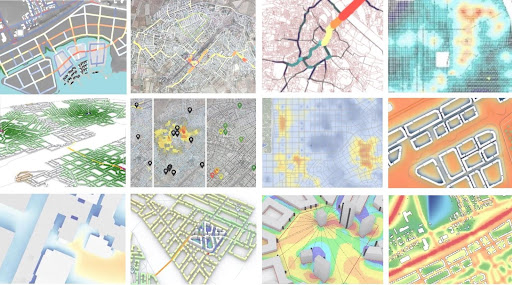
Source: City Intelligence Lab, Austrian Institute of Technology GmbH
We also aim to change the architectural education regime and disrupt both the speculative and unrealistic experimentation as well as stressful and toxic project development, by employing actual project planning, roles, accountability and time management throughout the studio.
Learning Objectives
The studio aims to employ the students with fundamental conceptual and practical skills for developing data-driven AI methodologies for urban planning problems. Specifically, the learning objectives of the studio are:
- Data collection, engineering and dissemination
- Development of AI methodologies
- Deployment of AI models
- Collective dissemination
- Visualisation and analysis of data-driven planning
- Project planning for AI driven projects






